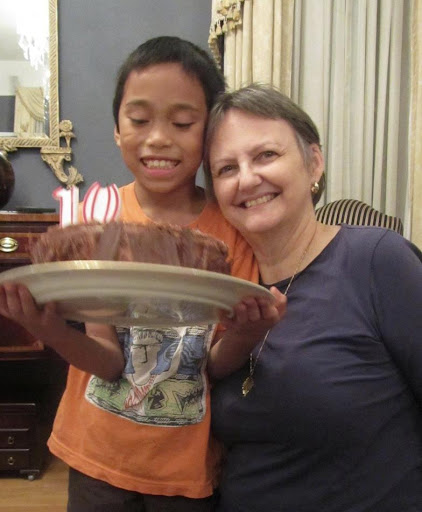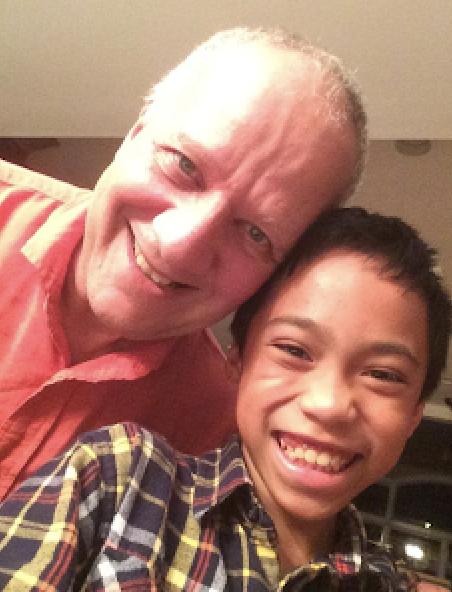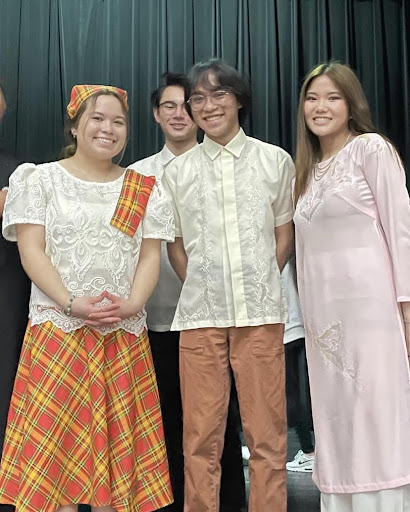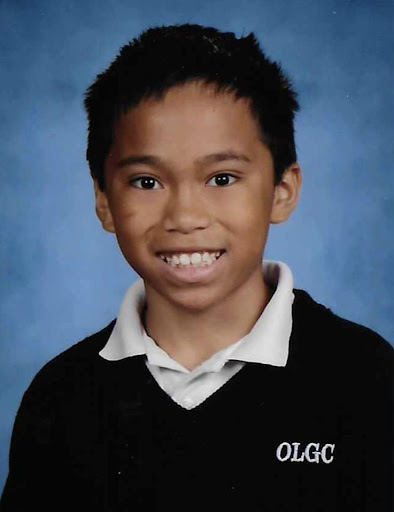(Mis)Understanding Identity: How My Filipino Heritage (Re)Defined My View of Selfhood
By Thomas Mussomeli
I had always felt I grew up in a world in which I did not fit. I was a Filipino-American adopted into a white family, I lived in suburban Virginia, and I attended Catholic schools for a cumulative ten years.
To say I was the odd one out is an understatement. Because I was born Asian and raised “white,” I felt stuck between two polarized identities that I could never fully relate to either.
I couldn’t speak a word of Tagalog, I grew up eating casseroles and barbeque, and I definitely wore shoes inside of the house. I didn’t feel Asian, but I also knew I wasn’t white.
Last month as I sat in my Honors 200: Rhetoric class, I was posed with the daunting task of formulating a research question and then writing a paper about it.
My first thought was about adoption identity—I have always had these unanswered questions about my own adoption, and I hoped to possibly or finally resolve them.
To say I was the odd one out is an understatement. Because I was born Asian and raised “white,” I felt stuck between two polarized identities that I could never fully relate to either.
Beginning what I believed was the first step toward self-actualization, I was dead set on defining what my identity meant to me—until I wasn’t. I had hit the first fork in the road—what is identity? Are our identities defined by others? By ourselves? If neither, then by whom?
Amongst the backdrop of my white family, my Asian-ness was a part of me that could never possibly be hidden. That part of my identity I was sure of… until I asked myself what does it mean to be Asian? Was being Filipino more than just a descriptor of my homeland?
Did being Filipino manifest itself in my unconditional devotion to my family, my larger-than-life personality, and my love for food and the arts? I had spent my childhood rejecting my Filipino identity—minimizing it in order to “fit” into the crowd.
For years, I yearned to look like my white classmates—wishing to trade my tan skin, jet black hair, and dark features for porcelain white skin, blond hair, and blue eyes. Spending years wanting to be anything but Filipino, I had never found out what my Asian-ness meant to me.
Was being adopted the main contributor to my disconnect with my Filipino identity? Possibly. But being adopted—being raised outside of my birth culture—cannot take that part of me away.
As I grew older, I began to realize that I could never change the fact that I am Filipino. I began to regret all of my wasted wishes to be someone who I wasn’t.
I will always be Filipino, so why not embrace that part of who I am? I have made sure to remind myself that my identity—while utterly confusing and complex—is mine to bear. My identity is the person I am. I am Filipino.
The further I research the adopted identity, the more I realize that maybe one can never truly understand their identity. Setting my pride aside, I admit that my goal to pioneer a newfound understanding of the Asian American adoptee identity may never be met.
As I grew older, I began to realize that I could never change the fact that I am Filipino. I began to regret all of my wasted wishes to be someone who I wasn’t.
I have spent too many years trying to fit myself into boxes which were never made to fit me in the first place; and accepting I can never fully define my identity is the first step toward understanding it.
Maybe identity is not something meant to be defined, but rather something meant to be explored—something to be created.
Now, for the first time in 18 years, I can confidently say that I love my Filipino heritage. My Filipino identity—something that used to bring me discomfort and even shame—is now something in which I take great pride.
Recently I have been trying to rekindle my neglected relationship with my Filipino identity through beginning to learn some Tagalog, surrounding myself with other Filipino-Americans, and most importantly never being ashamed of who I am.
 I still may wear shoes inside the house and I will always love a home-cooked casserole, but by also embracing my Filipino-ness I have begun to love my equally confusing and beautiful identity.
I still may wear shoes inside the house and I will always love a home-cooked casserole, but by also embracing my Filipino-ness I have begun to love my equally confusing and beautiful identity.
I may not have chosen how my story began but I have the power to choose how it continues. And although November 1st closed Filipino American History Month, I continue to celebrate my Filipino-ness and honor it for the sake of my younger self who could only dream of being half as proud as I am today.
I may not have chosen how my story began but I have the power to choose how it continues.
Mabuhay ang Pilipinas, Long Live the Philippines.
Dedicated in memoriam of my mother, Sharon Flack Mussomeli.
Photos courtesy of Thomas Mussomeli
